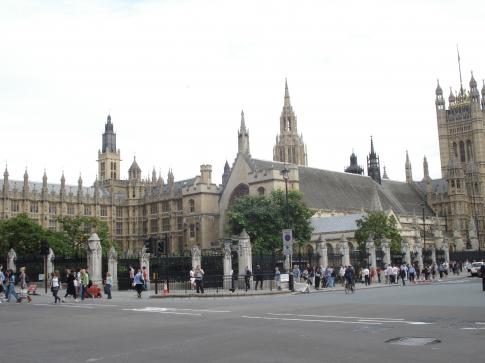Scotland's poll 'hurt UK plc'

The Scottish independence referendum has damaged the UKs image abroad and may reduce overseas investment, says Sir Mike Rake president of the CBI ...
By James Quinn, and Szu Ping Chan
The head of Britain’s biggest lobby has said that the Scottish referendum process damaged UK plc — but that now is the time to prove the whole country is “open for business.”
Sir Mike Rake, president of the CBI, cautioned that the two-year long referendum debate — which culminated in a No vote in the early hours of Friday morning — had delayed investment and damaged the image of British businesses abroad.
But speaking to The Sunday Telegraph, Sir Mike, who had lobbied for a No vote, said all was far from lost.
“There’s no doubt that whilst investment north of the border has continued, some has been slowed or delayed.
“I’m not saying there’s been no investment. But this is the first positive step towards sanity being restored, towards thinking that the UK is open for business once more.”
His frank comments are echoed by Steve Varley, UK chairman of accountancy giant EY, who this weekend points to recent figures showing that Scotland’s share of foreign direct investment projects in the UK fell slightly last year, as uncertainty surrounding its future grew.
Writing for The Sunday Telegraph, Mr Varley cautions that the No vote does not guarantee investment, and warns that the policy landscape into which overseas companies might invest is “far from clear.”
“What is certain, though, is that international investors already committed to Scotland and the UK face an uncomfortable wait until policy certainty returns. And those with money to invest will want certainty before they commit,” he writes.
However, with moves to hand more powers to the Scottish Parliament, and to explore the question of greater powers for England, both EY and the CBI warned about the problems of tax arbitrage between the regions of the United Kingdom, and the impact that could have on further growth.
“There is a real chance that further devolved powers will create stronger competition between Scotland and the rest of the UK as they vie to attract industries and investment.
“And job arbitrage could well be possible on either side of the border depending on the rates set,” Mr Varley continues.
John Cridland, director general of the CBI, said that devolving corporation tax could trigger a race to the bottom, while handing powers to set the minimum wage would also fragment the single market. “You’d get arbitrage between different areas of one small island and I think a basic framework of common rules is pretty important,” he warned.
Existing agreements between Holyrood and Westminster mean Scotland will be handed more powers to set income tax from April 2016. From next year, the Scottish government will be able to borrow up to £2.2bn for capital spending and will be given control over stamp duty land tax.
Other experts said powers to set different tax rates would create healthy competition between England, Scotland and Wales.
Scott Corfe, head of macroeconomics at the Centre for Economics and Business Research, said limited scope to raise taxes in Scotland meant making the economy more competitive was the key to unlocking higher revenues.
HM Revenue & Customs estimates there are just 18,000 higher rate taxpayers based in Scotland, compared with around 200,000 in London and the South East. He said higher net worth individuals were also the most mobile, and could easily flee south of the border if Holyrood raised tax rates. Lowering taxes could have the opposite effect, he argued.
“There would be competition to attract talent and entrepreneurs into the different regions. Some regions might want to copy what’s been done in Ireland where you’ve got a low rate of corporation tax to attract companies. In the long term, there could be some real benefits from having that,” he said.
Experts said the changes in 2015 alone would have a big impact. “Don’t underestimate how much Scottish taxes are going to change regardless of the No vote,” said David Glen, head of tax in Scotland at PwC. “New rates of income tax and a completely different tax on land and property will have most impact.”
Chris Cummings, chief executive of financial services lobby group TheCityUk said that rather than speak of divisions, the focus must be on “strengthening the Union”
“For our industry we must now reinforce the value of our combined strength and competitiveness, the UK’s attractiveness as a place to do business, and continue to highlight our position as the leading international financial centre.” /Telegraph




 del.icio.us
del.icio.us Digg
Digg

Post your comment